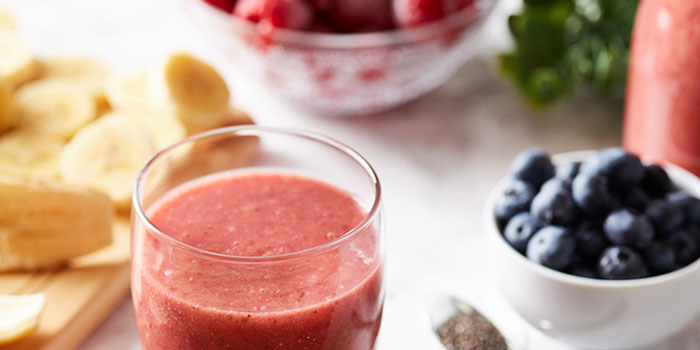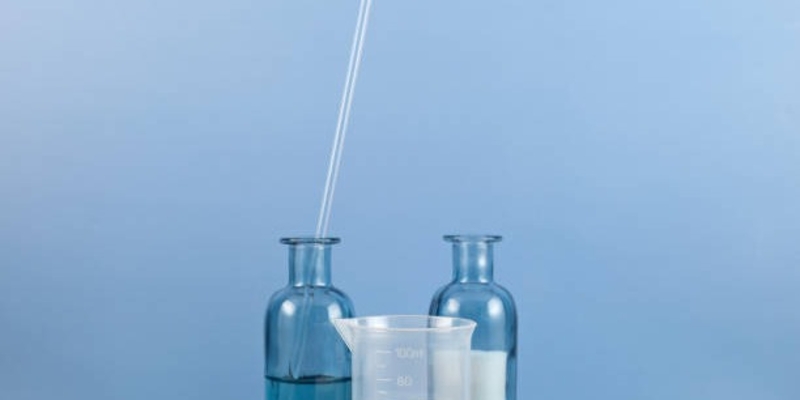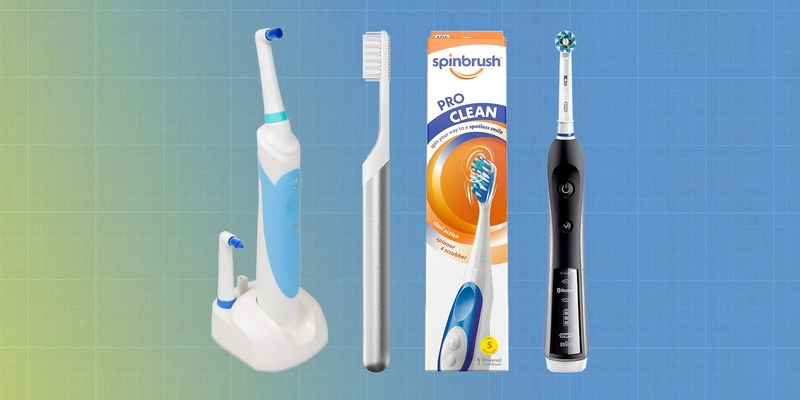A sports nutritionist like me is continuously looking for new studies examining the effects of certain nutrients on exercise capacity, recuperation time, and muscle growth. I like hearing responses from my customers like "Wow, what a difference!" and "I feel ten years younger" after I've shared this information with them. Here are items from my current "eats for athletes" list, the scientific evidence supporting their inclusion in your training diet and some easy, nutritious suggestions for maximizing their advantages.
Stamina-Boosting Beet Juice
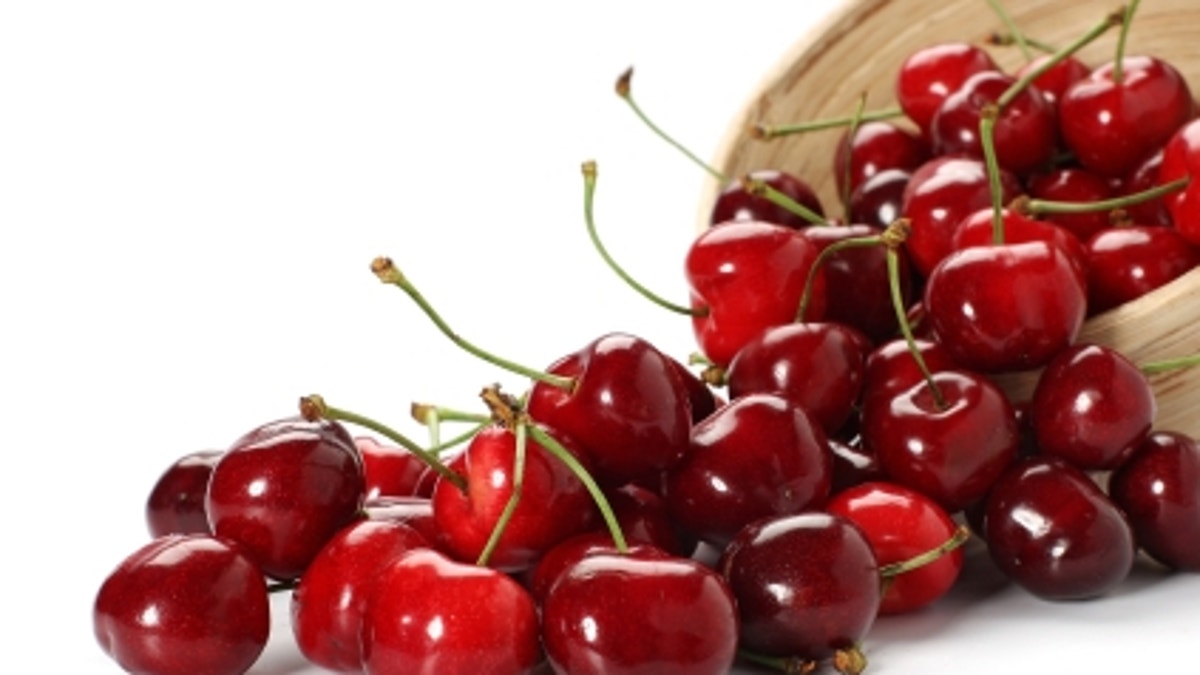
Recent studies suggest that this bright red root vegetable might provide more energy than coffee or any other pill on the market. They found that the actual juice caused the athletes to cycle up to 17% longer than the placebo group. Invest in a juicer and stock up on fresh beets available all year round to improve your athletic performance. Also, try drinking bottled beet juice before a workout.
Endurance-Boosting Honey
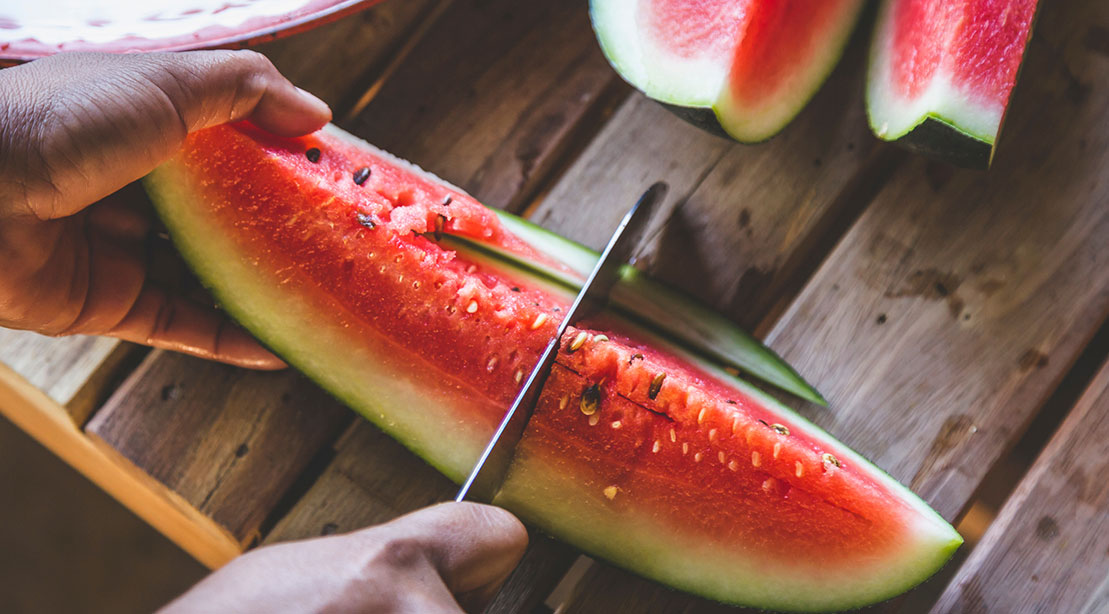
They are consuming honey before exercise offers "time-released" fuel, allowing athletes to maintain stable blood sugar and insulin levels for longer, according to research done at the University of Memphis' Exercise and Sports Nutrition Laboratory.
Competitive cyclists who drank this natural sweetener 10 miles into a 40-mile race reported increased strength, speed, and endurance. Raw honey certified as organic by the USDA is my first choice. You may eat it on its own or incorporate it into a pre-workout meal, such as oatmeal.
- Pea Protein Delays Muscle Fatigue
Since quite some time ago, there has been a lot of excitement in the world of sports nutrition around pea protein powder. In addition to boosting immunity, the arginine and lysine in this powder help keep bones healthy and strong by increasing calcium absorption and decreasing calcium losses, respectively. More than 25 grams of lean protein can be packed into one scoop, making it the perfect addition to a smoothie with almond milk, butter, cinnamon, and frozen cherries or berries.
Anti-Inflammatory Blueberries
Researchers at Appalachian State University fed well-trained athletes 9 ounces of blueberries every day for six weeks, plus an additional 13 ounces an hour before a two-and-a-half hour run to assess blueberries' anti-inflammatory and recovery effects.
The results were spectacular. Natural killer cells, a kind of white blood cell crucial to immunity, was increased among blueberry eaters in addition to a decrease in inflammation. Get dried or freeze-dried blueberries to take to the gym when fresh ones aren't an option.
Pain-Relieving Tart Cherries
In the Human Performance Laboratory at the University of Vermont, a group of male participants were given a placebo to drink twice daily for a period of eight days. The study's fourth day consisted of the athletes completing a rigorous strength-training regimen. 1
The training was repeated two weeks later, with the opposite beverage served. Pain relief was significantly enhanced by the consumption of cherry juice, according to the study's authors.
Furthermore, the placebo group saw a 22% decrease in strength, whereas the cherry group experienced a 4% decrease. Although fresh sour cherries are only available around the end of summer, frozen and dried varieties and 100% tart cherry juice are becoming more widely available.
Muscle-Growing Salmon
A long list of health advantages is associated with omega-3 fatty acids in fatty fish like salmon, including reduced risk of cardiovascular disease and type 2 diabetes. However, animal studies suggest it may also serve as a powerful muscle enhancer.
Steers fed fish oil had better muscle growth than those fed cottonseed or olive oil because their bodies employed twice as many amino acids to construct new protein tissues, particularly skeletal muscles.
Include wild salmon in your weekly diet, or try salmon jerky as a convenient on-the-go snack. If you don't consume seafood, try to find an algae-based supply of omega-3s.
Watermelon For Muscle Soreness
Scientific researchers in the field of sports medicine in Spain recently found that 16 ounces of watermelon juice drank one hour before exercise reduced muscular discomfort. Watermelon's citrulline, a naturally occurring chemical linked to better artery function and reduced blood pressure (it's been called "nature's Viagra"), is likely responsible for the impact. Now that it's summer, watermelon juice is everywhere in plastic bottles. When eating it fresh, it's best to break into the white rind a little bit, as that's where you'll find the highest concentration of citrulline.
